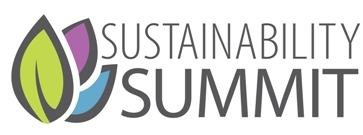The Southern African Grain Laboratory NPC (SAGL) is an independent non-profit laboratory, established in 1997 by the grain industry to act as a Reference Laboratory for the grain and oilseed industry. The SAGL provides an internationally competitive range of laboratory services for grain, oilseeds and products thereof including food, feed and feedstuffs, These services are driven by the needs of the broader grain industry.
The scope of analysis includes milling, grading, physical, chemical, rheological, baking, mycotoxin as well as macro and micro nutrient analyses. ISO 17025 accredited test methods are implemented within a comprehensive quality system. Participation in several national and international proficiency schemes demonstrates technical competency, international comparability and traceability to international standards, The stakeholders serviced by the SAGL include grain and oilseed producers, the handling and storage industry, processors including the baking, milling and animal feed producing industries, traders of agricultural commodities, commercial seed breeding companies, agricultural research institutes and since 2016, also companies producing crop protection products.
The SAGL has expanded the scope of analysis by adding a Crop Protection Division to support the broader agricultural community in Southern Africa with accurate and reliable analytical results for registration purposes and after manufacturing quality control analysis of the final product as well as shelf-life extension,
This Division performs 5-batch analysis on technical material as well as the Physical, Chemical and stability testing on formulations as prescribed by the Food and Agricultural Organization of the United Nations (FAO) and the World Health Organization (WHO). This laboratory is equipped to perform most tests required by FAO/WHO according to the latest Collaborative International Pesticides Analytical Council (CIPAC) methods.
As an associate member of CropLife South Africa and through international involvement in the Specification Expert Group (SEG) and the English-Speaking Pesticide Analytical Committee (ESPAC), the SAGL is informed of changes in international requirements as developments take place.

